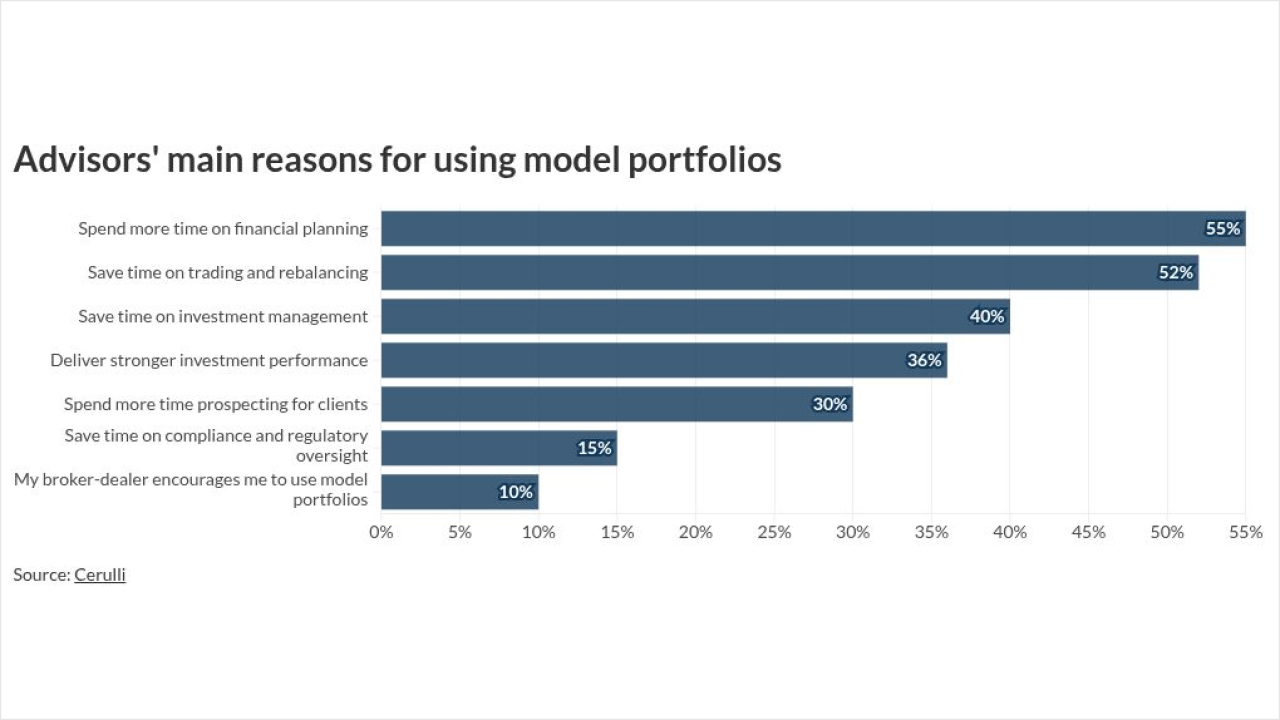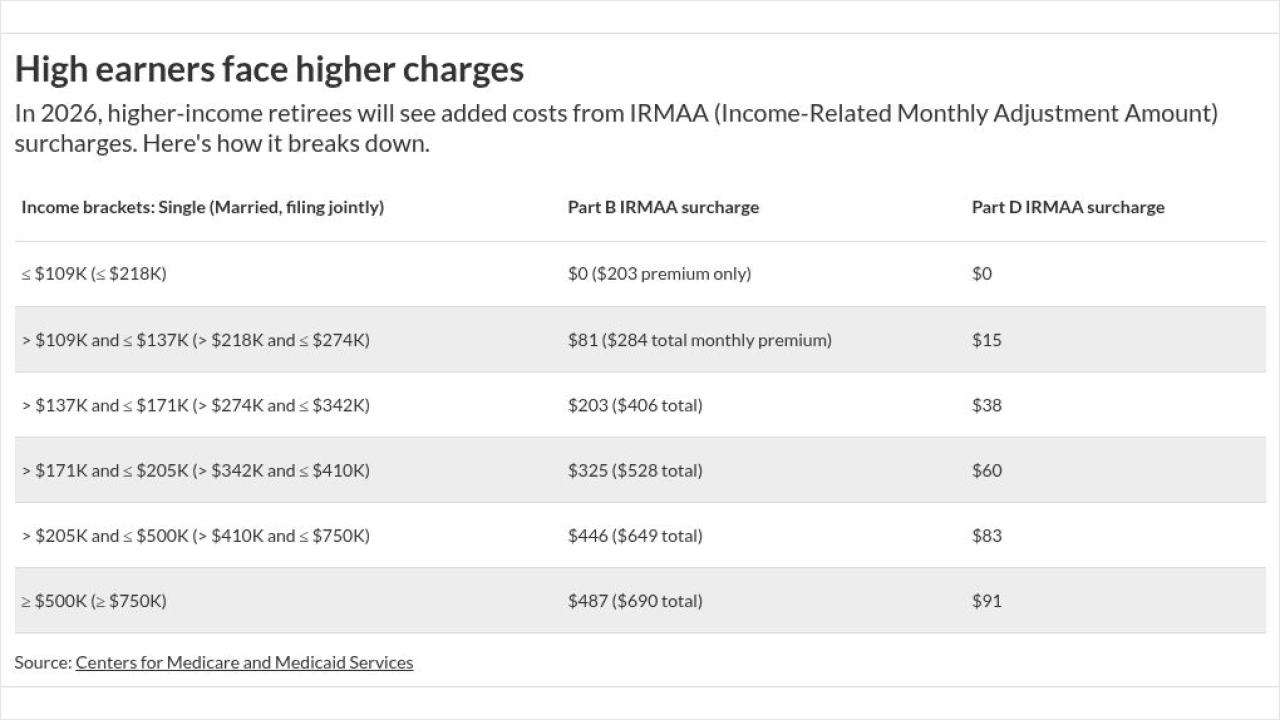Merrill Lynch has racked up a second SEC penalty this month for misleading institutional clients, this time for allegedly hiding where client transactions of more than 15 million shares were taking place.
The SEC charged Merrill Lynch with $42 million in civil penalties. Merrill Lynch agreed to settle and admitted wrongdoing.
Last week the SEC fined the New York -based wirehouse $15 million for
In the latest SEC action, Merrill Lynch admitted to misleading customers about how it handled client orders, according to the SEC.

-
The wirehouse's traders and salespersons misled and overcharged clients with regard to the securities, the regulator charges.
June 13 -
J.P. Morgan hired 160 brokers last fiscal year, and it’s not slowing down in 2018.
June 6 -
The advisor fooled her victims into thinking she would invest their funds when in fact she used the money to buy luxury items and real estate, prosecutors claim.
April 23
Between 2008 and 2013, Merrill Lynch falsely reported to customers transactions with these shares were taking place at the wirehouse when they were not, according to the SEC. In reality, orders were sliced into smaller “child” orders and outsourced to other broker-dealers, external liquidity providers known as ELPs, the SEC says.
These ELPs, which Merrill Lynch referred to as “trading partners,” changed over time, but they included Madoff Securities, Citadel Securities and D.E. Shaw, according to the New York attorney general settlement with the wirehouse, which occurred in March.
The SEC credited the New York attorney general with assisting its investigation.
Merrill Lynch altered software code, reconfigured messaging systems, reprogrammed reporting systems and removed ELP venues from billing invoices manually and automatically to hide its misconduct, the SEC charges. The firm referred to this practice internally as “masking.”
“By misleading customers about where their trades were executed, Merrill Lynch deprived them of the ability to make informed decisions regarding their orders and broker-dealer relationships,” Stephanie Avakian, co-director of the SEC’s enforcement division, said in a statement. “Merrill Lynch, which admitted that it took steps to ensure that customers did not learn about this misconduct, fell far short of the standards expected of broker-dealers in our markets.”
The clients affected were predominately financial institutions such as asset managers, mutual fund investment advisors and public pension funds. In some cases, customers had requested specifically that their orders not be sent to ELPs, according to the SEC.
Masking allowed Merrill Lynch to increase trading volume without notifying customers, particularly with customers who had expressed concerns with the ELPs. It also gave the impression Merrill Lynch was a more active trading center than it really was, the SEC report says.
In May 2013, Merrill Lynch stopped the practice, but did not inform customers of ELP executions that took place during that time period in its reports to clients, the SEC says.
“The settlement primarily relates to conduct that occurred as long as 10 years ago,” a spokesman for Merrill Lynch said in an email. “At all times we met our obligation to deliver the best prices to clients. About five years ago, we addressed the issues concerning communicating to clients about where their trades were executed.”





